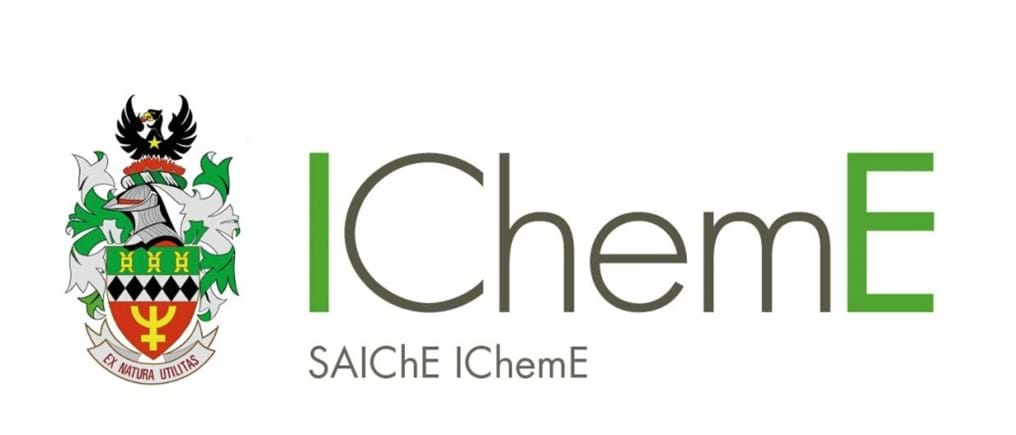Day 67: A growing global family

2nd August 2014
Author: Geoff Maitland, IChemE President 2014–2015.
We’ve enjoyed a great relationship with SAIChE in recent years and we already work closely with them since we entered into a Memorandum of Understanding in 2012.
I think both organisations are very happy with the new collaboration, but the real winners are the chemical and process engineers, and the companies they work for, in South Africa.
In the UK, IChemE regularly points to engineers, and the chemical and process industries, as the drivers of economic growth. In some ways, these industries are even more important in South Africa.
South Africa are part of the ‘big five emerging economies’ along with Brazil Russia, India and China. As one of the ‘BRICS’, they will grow to become one of the economic powerhouses – fuelled by the chemical and process industries.
This growth won’t be achieved without unlocking and developing the talent of home-grown chemical and process engineers in South Africa.
Great credit should be given to the vision of SAIChE for creating a fast-track opportunity in South Africa – by collaborating with IChemE – to support their chemical and process engineers.
Over the next few weeks, chemical and process engineers in South Africa will become eligible for dual membership with both SAIChE and IChemE. Member benefits from both organisations will create a striking and attractive offer.
These are the immediate benefits, but the future is even more exciting, especially from an educational perspective.
There are some great universities in South Africa with chemical engineering departments including: Durban Institute of Technology; North West University; Rhodes University;
Stellenbosch University; Tshwane University of Technology; University of Cape Town; University of Johannesburg; University of KwaZulu-Natal; University of Pretoria;
University of South Africa; University of the Western Cape; University of the Witwatersrand; University of Venda; Vaal University of Technology; and Walter Sisulu University.
All of the students at these South African universities will soon be able to access a well-established and successful range of member benefits – online and offline – enjoyed by chemical engineers in Australia, Malaysia, UK, US and all around the world.
It’s worth reminding you that IChemE already accredits around 60 universities in 14 different countries. In all of these places we have worked to closely align the needs of industry, education and undergraduates to ensure a successful pipeline of highly qualified chemical engineers.
One measure of how successful we’ve been is a quick glance at median pay rates for fully qualified or Chartered Chemical Engineers (MIChemE) – £70,000, compared to £40,000 for non-chartered chemical engineers.
All of this knowledge will now be used to support chemical engineering in South Africa, including industry.
South Africa has no shortage of giants of the chemical and process industries. Their industrial base includes organisations like Sasol, Impala Platinum, Illovo Sugar, Anglo Platinum, JFPI Corporation, Aspen Pharma, De Beers, Shell, Engen Petroleum, Exxaro, Kumba Iron Ore, PetroSA, Gold Fields, Wesizwe Platinum, Total, Harmony Gold, BP, Eskom and many more.
Most of these businesses will tell you that chemical engineers add real and tangible value to their operations. In the future they will know that they have two professional bodies in South Africa, working together closely, to support their growth and success.
If you’re already a member of SAIChE and IChemE, watch out for some communication from us in the next few weeks. We’ll tell you all you need to know and what happens next.
It’s a great time to be a chemical engineer in South Africa. Congratulations to everyone involved and I hope you’ll show your support for this exciting development.
ChemEng365 blog
Geoff Maitland launched this blog during his IChemE presidency in 2014. ChemEng365 features 365 chemical engineering successes and achievements throughout his year-long presidency.